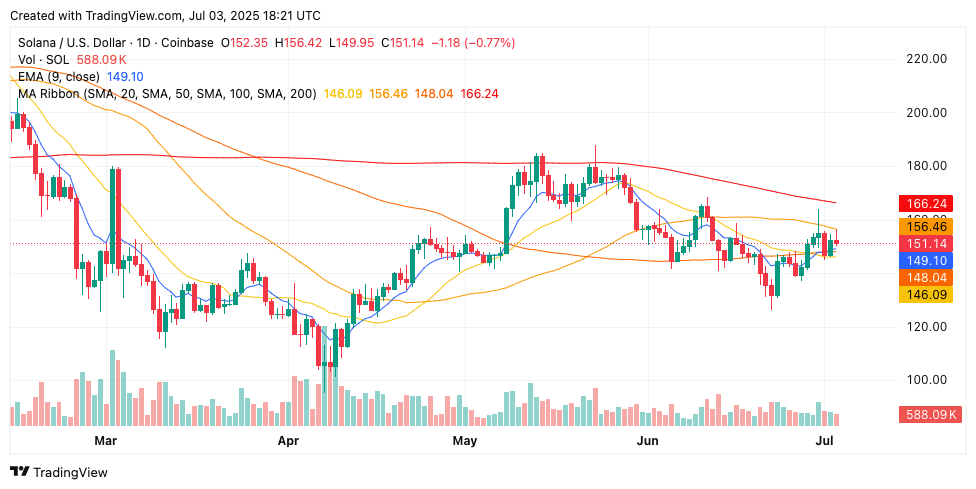French, British and Spanish institutions dominate the top of the FT’s latest overall European Business Schools Ranking, the 20th annual assessment of the state of business education across the continent.
HEC Paris is ranked number one, ahead of London Business School in second place, while another three French schools — ESCP, Edhec and Essec — are also in the leading tier of nine institutions. Iese is third, with another Spanish school, IE, also in the highest group, along with Bocconi in Italy and St Gallen in Switzerland.
The evaluation is derived from performance across the range of individual 2023 FT rankings of MBAs, Executive MBAs (EMBA) and Masters in Management (MiM) degrees, and open and custom non-degree executive education programmes.
A total of 90 schools are included, reflecting the number and strength of academic institutions in Europe providing business education. They have continued to do so amid competition from rivals in North America and Asia, and despite significant recent disruptions in demand and changes in format and content.
The ranking comes at a time when applications to postgraduate business courses are stagnating in Europe, according to the latest survey of students and schools around the world by the Global Management Admission Council, which administers the GMAT admissions test. However, the strengths of Europe’s business schools — the quality of life in the cities in which most are located and the relatively low tuition fees and costs in many — continue to attract students from within and beyond the continent.
FT European Business Schools Ranking 2023
Read the ranking and report
While the MBA was born in the US, Europe pioneered the alternative Masters in Management programme, usually studied immediately after a first degree, which has since gained ground in other regions. Its schools remain distinctive, with their focus on topics such as international business, sustainability and the United Nations’ sustainable development goals. Just under three-fifths of European schools have committed to net zero emissions targets on their campus by 2030, compared with 30 per cent for the rest of the world.
Other shifts in business education include growing student demand for a preparation for careers with societal purpose and advice on creating start-ups or working in the tech sector — rather than more traditionally in banking, investment and consulting.
Ron Tuninga, vice-president for Europe, Middle East and Africa at AACSB, the US-based business school accreditation agency, notes: “Multidisciplinarity is becoming more critical and a distinctive feature of European business schools in dealing with the complex issues of our time. [They] are rapidly moving to work outside the silos in both research and education.”

The Covid-19 pandemic and changes to working patterns pushed schools to increase the amount of hybrid and online learning, although there has been widespread demand for a return to in-person, on-campus components to courses.
Changes to exchange rates, the effects of Brexit on mobility and employment between the UK and the EU, and evolving career aspirations have also shifted outcomes including salary levels. HEC Paris alumni report the top average salaries in Europe for MiM and are fourth for solo EMBA pay, though they are sixth for post-MBA pay. The French school also ranked second overall in Europe for both open and custom executive education.
Alumni’s reported salaries from European business schools are consistently lower than their counterparts from schools in North America and Asia-Pacific, although on average they began their studies in more senior positions.
Just four of the ranked business schools reported male-female gender parity among their faculty: IE in Spain, Koç in Turkey, and Institut Mines-Télécom and ESC Clermont in France. On average, across all 90 schools, 38 per cent of faculty were women, dropping as low as 19 per cent for Frankfurt School of Finance and Management.
IMD in Switzerland had the highest proportion of non-domestic faculty at 98 per cent, compared with an average of 50 per cent across all ranked schools. The lowest, at just 2 per cent, was the University of Porto — FEP | PBS.
Participation in the FT rankings is voluntary, with data provided by the schools themselves as well as the statistically significant responses from the alumni who provided insights into metrics including salaries three years after completing the course. The ranking measures factors including career progression, salary increase, the diversity of faculty and students by gender and citizenship, as well as measures of the integration of climate change topics into teaching and operations.
In a sign of the efforts being made to draw in students and expertise from different parts of the world, the rankings capture joint programmes, and include schools with multiple campuses such as ESCP, which operates in France, Germany, Italy, Poland, Spain and the UK. Some operate outside as well as within Europe, including London Business School, with a branch in the United Arab Emirates, Iese in the US and Essec in Singapore and Morocco.
MBA, EMBA and MiM rankings account for 25 per cent of each school’s total performance, with the remaining quarter coming jointly from custom and open executive education programmes. The calculation adjusts for schools that do not offer the full range of qualifications and training.
France has the most ranked schools, at 23, and there are 15 in the UK, eight in Germany and five each in Spain and Portugal. Italy, Switzerland, Sweden, Ireland, the Netherlands, Belgium, Finland, Turkey, Denmark, Austria, Poland, Hungary, Slovenia and the Czech Republic are also represented.
Credit: Source link











